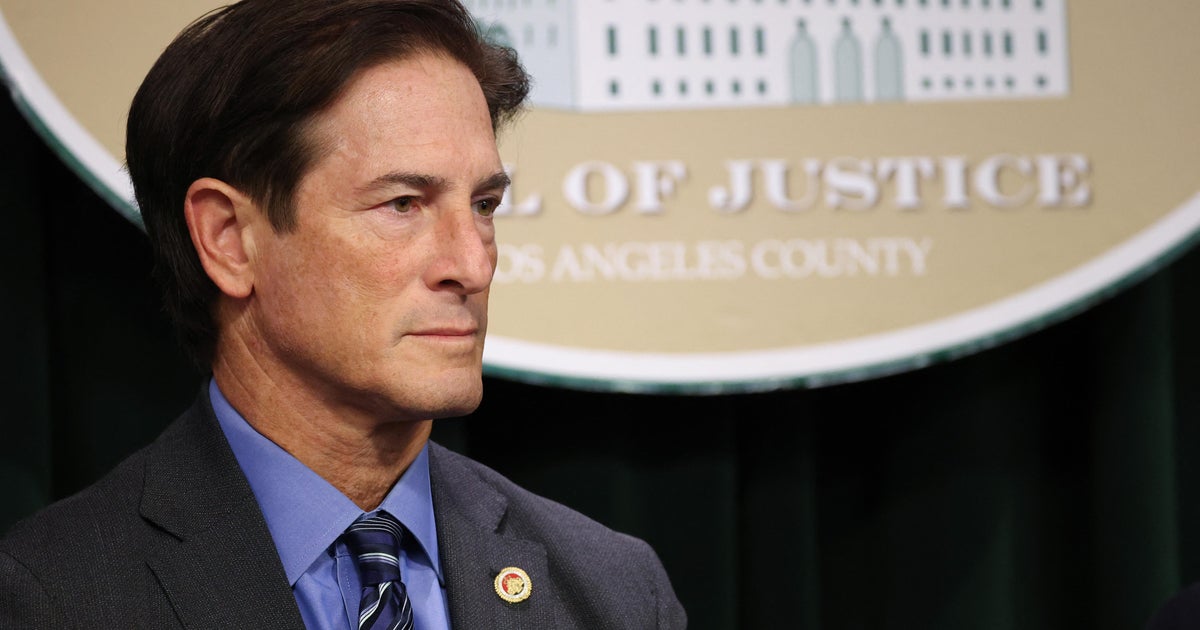Can your employer force you to get a COVID-19 vaccine? Yes (usually)
With at least two COVID-19 vaccines expected to receive federal approval in the U.S. within a matter of weeks, hopes for beating the coronavirus are looking up. Yet for millions of workers and businesses, the emerging immunizations also raise a host of questions, not the least of which is this: Can your employer require that you get vaccinated?
The answer: Yes, in many cases, employment attorneys said.
For now, vaccination plans are focused on prioritizing who will receive the first doses, beginning with those who are considered most vulnerable as well as most exposed to the disease. But employers will soon have to consider how to communicate with their workforces about the vaccine and decide whether to require staffers to get vaccinated as part of their duty to keep their workers, clients and communities safe.
"Generally speaking, employers are free to require safety measures like vaccination with exceptions for certain employees," said Aaron Goldstein, a labor and employment partner at the international law firm Dorsey & Whitney. "So the answer is likely to be yes, with an asterisk."
What the flu vaccine tells us
The Equal Employment Opportunity Commission (EEOC) already allows companies to require employees to be vaccinated for the flu. Workers who don't wish to be vaccinated for medical reasons can request an exemption under the Americans with Disabilities Act, as can those for whom taking a vaccine would violate their religious beliefs, under Title VII of the Civil Rights Act of 1964.
"Referencing back to that, the likelihood is the guidance EEOC will issue relative to a COVID vaccine is that an employer will be allowed to do that," said attorney Helen Rella of Wilk Auslander. "And considering COVID is much worse than the flu, we anticipate they will issue guidelines stating it's their position that it would be reasonable for an employer to require an employee to get the vaccine."
What's different in this case is that COVID-19 vaccines are expected to first become available under an "emergency use authorization," or EUA. That means the Food and Drug Administration approves a drug without first having all the usual evidence that a drug is safe and effective.
"At first, most places are unlikely to make the vaccine mandatory. It will initially be available under an EUA, and with it not having gone through the whole approval process, most employers will strongly encourage it," said Katie Passaretti, medical director for infection prevention and epidemiologist at Atrium Health, a nonprofit health system in North Carolina.
Requirements will also vary by workplace setting. At hospitals and in other high-risk settings, for example, vaccination is likely to be mandatory, according to Carri Chan, a Columbia Business School professor and expert on hospital operations.
"The plan in a number of hospitals in New York City is to require vaccination of all their employees," she told CBS MoneyWatch.
Some employees may be reluctant to work with those who refuse to get vaccinated. But given that an employer sets the terms of employment, that individual would need to request — and substantiate their need for — a reasonable accommodation under the law.
"If an employee does not want to come into work for any reason, they'd need to request an accommodation under the American with Disabilities Act. Just saying I don't want to work with somebody who hasn't had the vaccine is not appropriate," Rella said.
For example, if you qualify under the ADA, you might be given an exception that allows you to work from home and avoid unvaccinated individuals.
Epidemiologists also point out that late-stage trials of the vaccines indicated that upwards of 95% of patients who are vaccinated do not contract the virus, while the 5% that do get it after being inoculated have a much less dangerous outcome.
"If I get vaccinated, I'm not worried so much about the other people who aren't vaccinated," said Dr. David Levy, a physician and CEO of EHE Health, national preventive health and primary care provider.
Shielded from liability
Employers will be protected from liability should an employee develop side effects from a vaccine, according to lawyers. Any claims would likely be considered on-the-job injuries and be funneled through worker's compensation programs. Also, employers themselves won't actually administer the vaccine — they'll enlist pharmacies and other health care providers.
"If your employee gets a flu shot at a local pharmacy, even if you have a 'get the flu shot' campaign, you're not assuming responsibility for that — you're not administering that," said Delphine O'Rourke, a partner in the Goodwin law firm's life sciences group and health care practice, during a recent webinar.
From a practical viewpoint, most employers may find that encouraging — rather than requiring — workers to get a vaccine is likely to prove more constructive. Take the issue of wearing masks.
"Companies that navigated that the best made masks free and available at every entrance, and were polite and offered curbside delivery, and tried to get around the problem," Dorsey & Whitney's Goldstein said. "We recommend the same tack with employees who don't want to get vaccinated. If someone doesn't want to get vaccinated and they can work remotely, don't fight with them."
Nudge, don't push
Offering incentives for employees to get vaccinated, like gift cards or other perks, also could be more effective than mandates, said Bunny Ellerin, director of health care and pharmaceutical management at Columbia Business School.
"Give them the time — no penalty, and a bonus like a gift card — something that makes it a positive, not a negative," Ellerin said.
"We are ultimately a country based on freedoms and choices," she added. Ordering workers to get vaccinated without exception "seems somewhat like not the right thing to do also in terms of engendering employee respect and admiration and wanting to work for a company."





